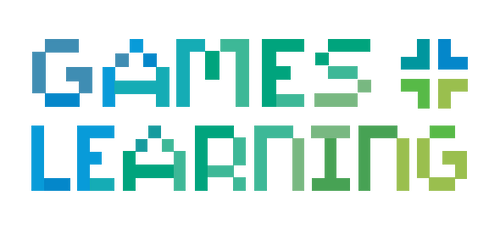By Sadaf Sajwani
When I was pregnant with my eldest, I felt an immense sense of responsibility to ensure that the world my child was being born into was a better world than that which I was born into.
I was working at Sesame Workshop at the time, and deeply understood the power of media to influence perceptions--both from my experience working at Sesame and from my experience growing up as a first generation Muslim American.
I grew up in a world where my elementary classmates changed the last letter in my name to an “m” and called me Sadam. Where middle schoolers referred to my family as terrorists. Where judges in high school scored my original oratory on “Muslims in America” based on the falsehoods they learned on TV, not the truth I was presenting from my lived experience.
So when my baby was kicking my belly while I was sitting at an all-staff meeting where leadership was talking about Sesame Workshop’s impact on children around the world, I knew it was time to get personal. I had to do something to make my child’s world even slightly better than mine.
Eid was around the corner. I decided to send off a quick two-line email to my colleague in social media to say: "Hey, do you think we can have an Eid message go out on social media?"
As I anxiously awaited a response that would likely say, "We’ll have to look into it," I started prepping a presentation on why it was important to recognize Eid on social media just as Sesame Workshop recognizes all the other holidays (Easter, Passover, July 4th, Christmas, Hanukkah):
That the millions of Muslim children deserved to have their holiday recognized as well. That Sesame Workshop operates in countries where Muslim children live and a gesture like this would bode well among those communities. No other children’s media brand is doing it, and Sesame should be the leader.
It turned out, I needed no such presentation. My colleague simply said, "Yes, of course. Adding it to our calendar now. Let’s meet to discuss graphics and content."
To be honest, I was floored! I had never experienced that kind of ease on the “taboo” topic of Muslims.
In July 2015, Sesame Workshop released its first-ever Eid message. Overnight, that one social media engagement went viral and broke all of Sesame Workshop's previous engagement records. Subsequent Eid messages reached, and continue to reach, millions of people globally.
We hope your Eid is filled with kindness and love! Eid Mubarak! pic.twitter.com/5RtdtdDdLh
— Sesame Street (@sesamestreet) July 17, 2015
Nearly eight years later, the children’s media space is embracing Eid and Muslim culture in a way unlike ever before. Disney’s Mira the Royal Detective has a song about Eid. PBS Kids' Peg + Cat has a full episode on Eid Al Adha. Mickey Mouse wished kids a happy Navroz (Persian New Year) in March of this year. First Book shared with their network of educators a list of books about Eid and Ramadan.
My simple request for a social media Eid message no longer seems like an anomaly because writers, producers, and makers in the children media space, whether they come from Muslim backgrounds or not, are advocating for representation, for inclusivity. Where there are gaps, my colleagues in the space are actively trying to fill these gaps.
There’s still a lot of work to be done, for sure, but this Eid I am overwhelmed by the thought that my children’s world is slightly better than mine. Alhamdulillah.
For my part, I will continue to use my platform here at Games & Learning to ensure all children, not just mine, feel seen and represented in the digital media they consume.
Eid Mubarak!
 Sadaf Sajwani is the Co-Founder and COO of Games & Learning. As a daughter of immigrants, a first-generation Muslim-American, and a mom of two, Sadaf is passionate about representation in children’s media.
Sadaf Sajwani is the Co-Founder and COO of Games & Learning. As a daughter of immigrants, a first-generation Muslim-American, and a mom of two, Sadaf is passionate about representation in children’s media.
